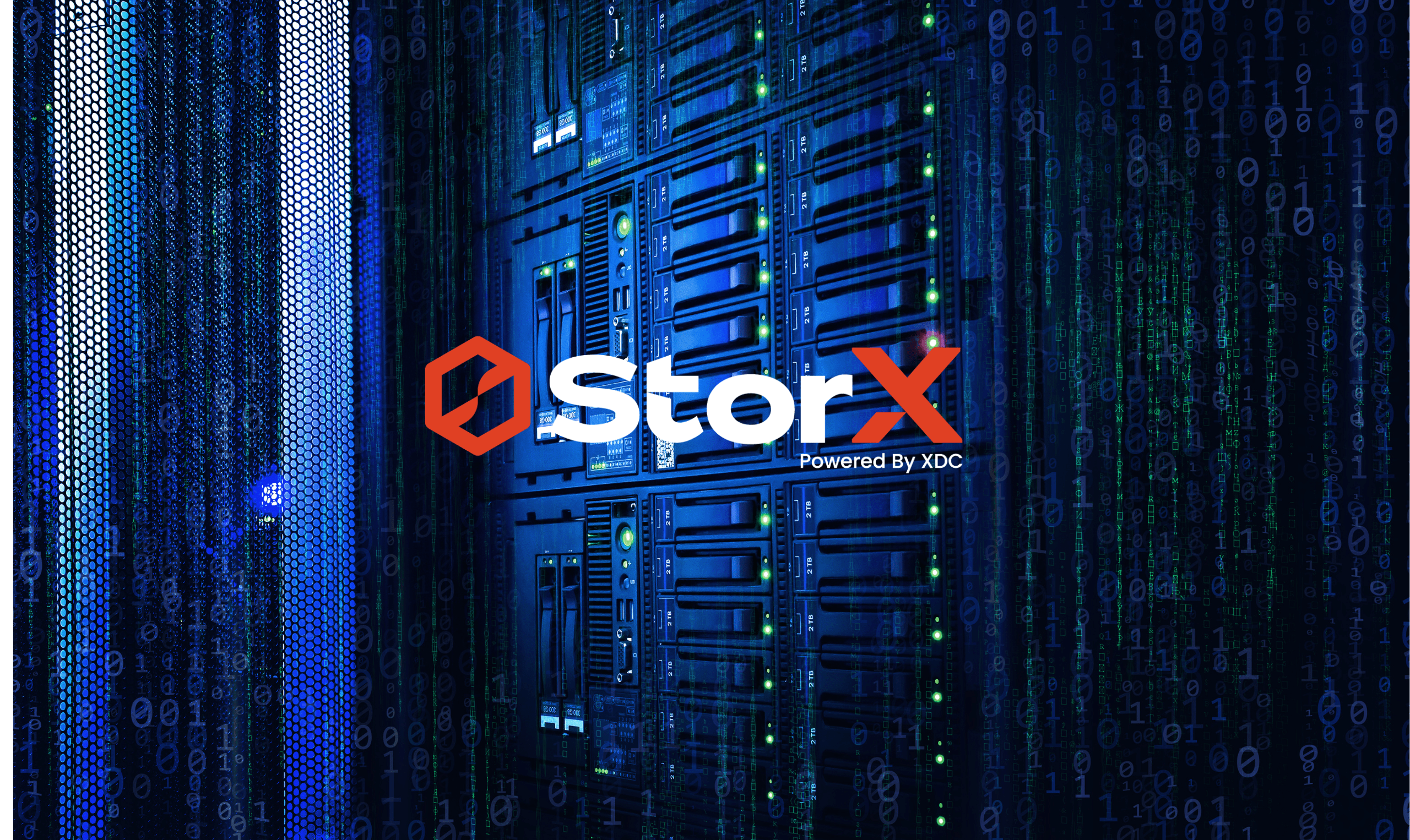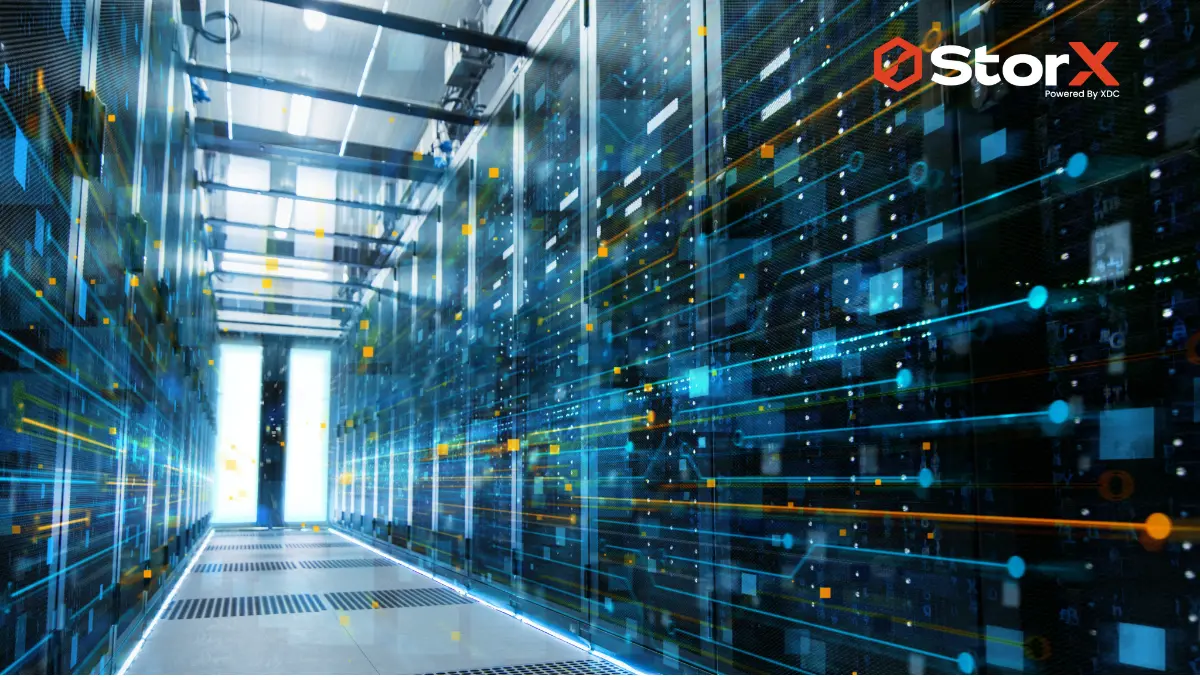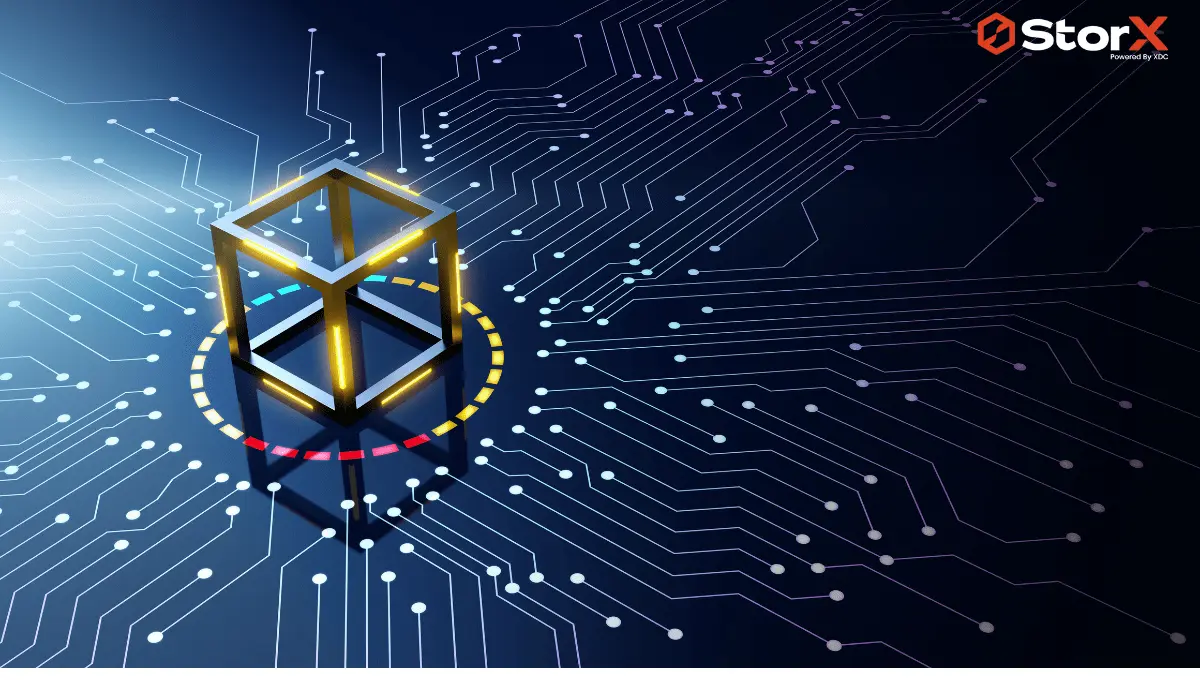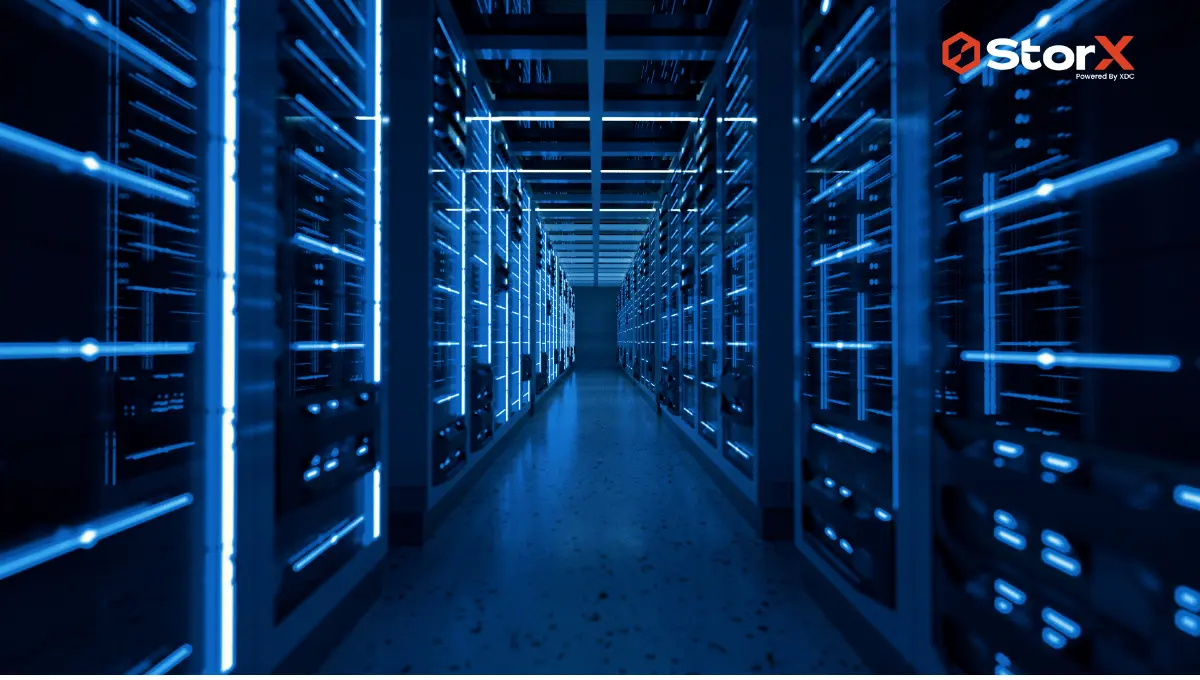Data Center Managed Services: Optimizing Data Center Operations
Data center managed services play a pivotal role in ensuring that these critical infrastructures operate seamlessly, leveraging cutting-edge technologies such as super-cloud architectures, fiber connectivity, and liquid cooling systems. In today’s rapidly evolving digital landscape, the importance of efficient data center operations cannot be overstated. This article delves into how these elements contribute to optimizing data center operations.
Super Cloud

The concept of the “super cloud” is revolutionizing the way data centers are managed and operated. Super cloud refers to a scalable and flexible infrastructure that integrates the capabilities of multiple cloud services. It provides enhanced performance, greater redundancy, and superior scalability for various computing needs. This infrastructure supports a broad spectrum of applications from various clouds, making it a robust solution for enterprises seeking to maximize their IT capabilities.
Adopting a super cloud approach in the realm of data center managed services allows businesses to achieve higher operational efficiency and better resource management. The agility offered by super cloud architectures ensures that data centers can quickly adapt to changing demands. This adaptation occurs without the need for constant physical upgrades, streamlining operational efficiency and flexibility.
Fiber Connectivity
High-speed data transmission is crucial for the performance of modern data centers. Fiber connectivity stands at the core of this requirement, offering a significant advantage over traditional copper lines. The use of fiber optics not only provides higher bandwidth but also ensures reduced latency and greater reliability, which are critical for maintaining the uninterrupted operation of data centers.
Data center managed services that incorporate fiber connectivity are better equipped to handle large volumes of data transfer with minimal loss. This capability is essential for businesses relying on real-time data processing to maintain a competitive edge. It’s crucial in industries like finance, healthcare, and e-commerce where timely insights are paramount.
Data Center Liquid Cooling
As data centers continue to grow in size and complexity, managing heat effectively becomes a challenge. Traditional air-cooling methods are often not sufficient to handle the increased heat generation by modern high-performance servers. This is where data center liquid cooling comes into play, offering a highly efficient solution to this problem.
Liquid cooling systems use a coolant to absorb heat directly from server components before it can warm up the surrounding air. This direct cooling method is much more effective at managing high heat loads. It significantly improves the thermal management of data centers, enhancing overall efficiency and reliability. By incorporating data center liquid cooling, managed services can reduce energy consumption, lower operational costs. And extend the lifespan of hardware components.
DA3
DA3, or Data Center Design and Development, is a comprehensive approach that encompasses the planning, design, implementation, and maintenance of data center facilities. This model ensures that all aspects of the data center are optimized for performance, scalability, and sustainability.
Managed services that utilize DA3 principles focus on creating customized solutions that meet specific client needs. While incorporating the latest technologies such as super cloud infrastructures, fiber connectivity, and liquid cooling systems. This holistic approach not only enhances the operational efficiency of data centers but also ensures that they are future-proof and capable of adapting to emerging technologies.
Decentralized Storage Services: A Viable Alternative
While traditional data center managed services offer numerous advantages, an emerging alternative is decentralized storage services, such as those provided by StorX Network. Decentralized storage represents a shift away from centralized data centers to a distributed model where data is stored across multiple nodes. This model is provided by various operators globally, enhancing accessibility and resilience of stored data. This method offers enhanced security, as data is not only stored in multiple locations but is also encrypted, reducing the risk of data breaches that can occur in centralized systems.
Additionally, decentralized storage systems like StorX Network offer better redundancy and fault tolerance. Since data is replicated across multiple nodes, the failure of a single node does not compromise the availability or integrity of the data. This is particularly beneficial for organizations that require high availability and robust data protection. Furthermore, as these systems are often built on blockchain technology, they provide transparency and immutability of data transactions. This feature can be crucial for compliance and audit purposes, ensuring accountability and trust in the system.
Another significant benefit is the potential for cost reduction. Decentralized storage networks typically utilize the unused storage capacities of various entities, resulting in lower costs. Maintaining and operating traditional data centers requires significant capital investment and ongoing operational expenses.
Discover StorX Network
Are you looking to enhance your data management solutions with a secure, transparent, and cost-effective approach? Explore StorX Network, a leading provider of decentralized storage services that redefine how data is stored and accessed. Join us in embracing the future of data storage. Discover more at StorX Network and see how decentralization can benefit your organization today.






